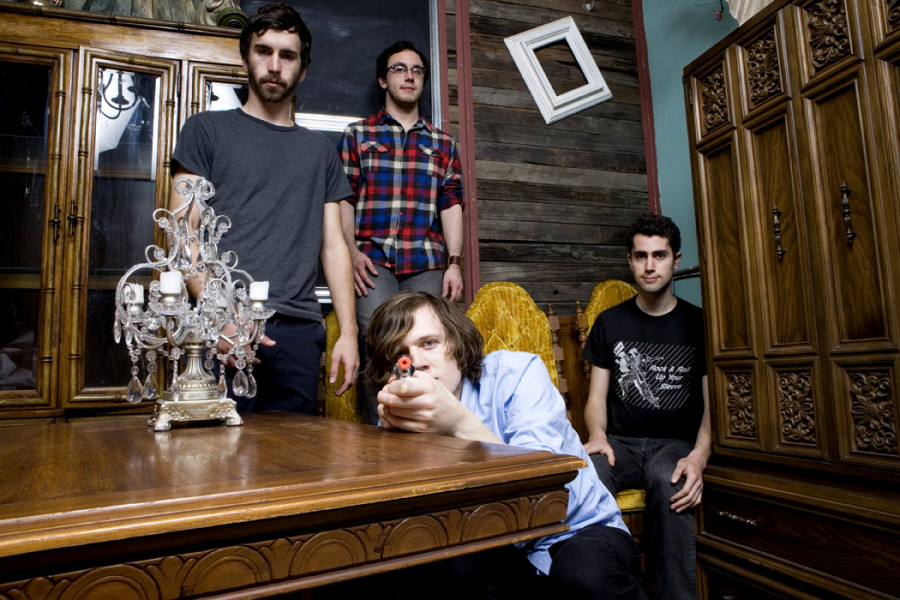The Pitfalls of Becoming Mainstream
Tokyo Police Club Talk Indie Success
The soul of an indie band dissipates with success—or does it?
With success in the music industry come accusations from indie fans of being commercial sell-outs, followed by the dreaded classification of being declared “mainstream.”
Despite having experienced it firsthand, Tokyo Police Club’s keyboardist Graham Wright said that success shouldn’t be seen as a bad thing.
“I have no qualms with being a mainstream band,” said Wright in his group’s changing room, minutes before their opening set for Phoenix at the University of Montreal on Oct. 21.
“I think [being mainstream] just means that you’re reaching more people and your music is being enjoyed by additional audiences. I think that is only a positive thing,” said Wright. “Unless, of course, you are Disney’s next big thing and they make it happen for you.”
Tokyo Police Club blazed onto the radars of the music industry after their performance at the 2005 edition of POP Montreal. Immediately after the festival, the band was signed to Canadian indie record label Paper Bag Records.
Since then, Tokyo Police Club has endured five years of critical acclaim. The band has released two full-length albums—Elephant Shell in 2008 and Champ in 2010—and played at countless major music festivals across Europe and America.
The band, which hails from Newmarket, Ont., is no stranger to hearing that they have lost their indie roots since the release of their 2006 EP, A Lesson In Crime.
“It’s natural that when you like something small, as soon as it gets big you don’t want to be associated with it anymore,” conceded Wright. “It comes with the territory I guess.
“Having said that, we don’t have a ceiling that we want to hit and then stop. I don’t know anybody that has that. Like everybody else, we want to do as well as we can for plenty of reasons,” he said.
The ambiguity that surrounds the distinction between indie and mainstream is hard to distinguish. In fact, Wright claimed that understanding the differences “is becoming more nebulous for every band […] as the record industry changes.”
“The divide between being a major label or mainstream radio band and being an indie band is getting blurrier and blurrier,” said Wright, who named Montreal’s Arcade Fire as a prime example.
“[Arcade Fire] is one of the biggest bands in the world now. But I don’t know if they are indie; at the same time, they are universally respected as one.”
There seems to be no possible way for an indie band to keep their entire fan base happy. However, Wright suggests the new generation of Canadian indie bands keep their integrity no matter what.
“You just kind of have to do what you do and hope that it grows organically,” he said. “Of course, we can only hope that works [for us].”
This article originally appeared in Volume 31, Issue 11, published October 26, 2010.






1_600_375_90_s_c1.jpg)